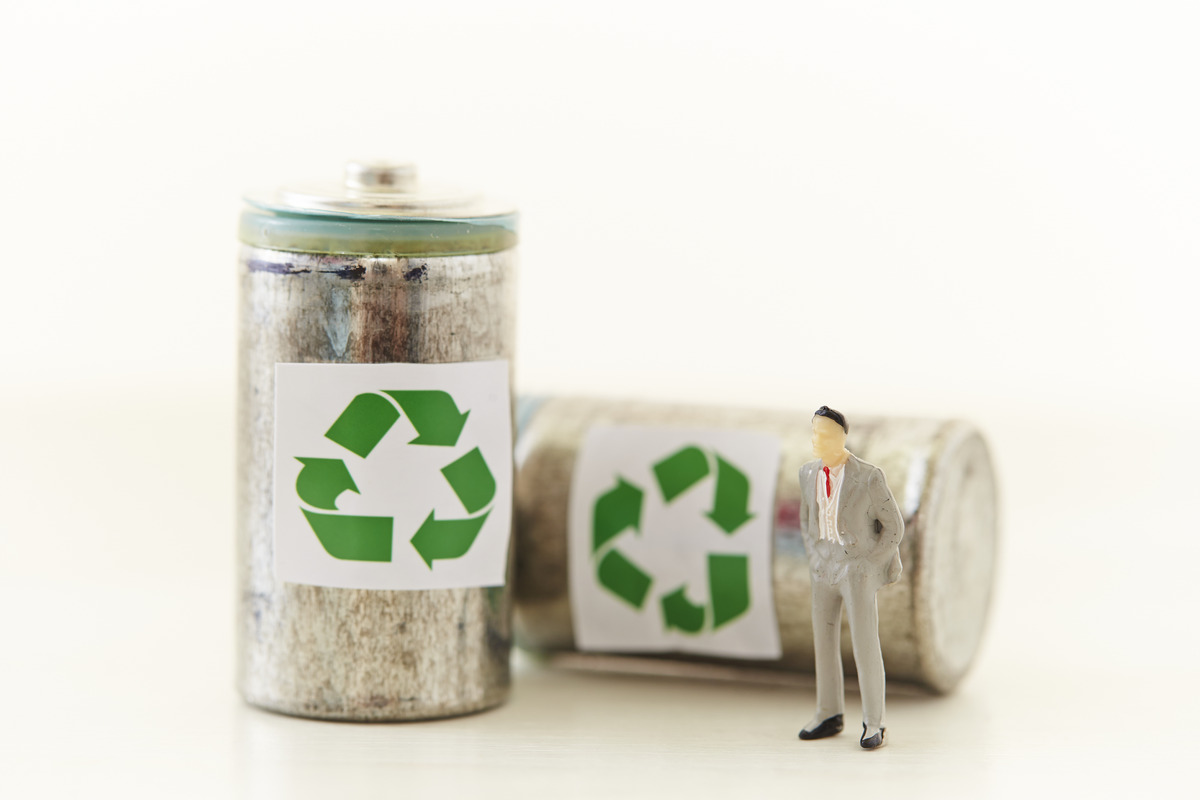Since ‘greenwashing‘ prevails in many campaigns of dominant companies, the guide to proper marketing needs to be broadened when it comes to sustainability. Any business that does not want to mislead but to have a positive impact both on its audience and on the market and the environment primarily, must meet certain standards.
•Be honest with its consumers who prefer to know the reality behind a company’s effort to become environmentally aware. With absolute transparency, consumers are more likely to have confidence in the brand of the business and thus become more loyal and supportive customers.
•Inform its consumers and its team, suggesting various ways through its products that contribute to the protection of natural resources. This can include small movements that change their daily habits, communicating the message more broadly, forming a new mindset for the environment.
•To often share with the public the influence and changes that are happening in the industry such as what the company does at this level to realize its goals. From the supply chain to the direct shipment and distribution of products, consumers want to know that they are doing the right thing by choosing this business, talking about an environmentally conscious brand.
There are of course some points that Do NOT apply to a company, which wants a successful course in the green transition that it seeks to implement over time.
•Do not greenwash – one of the most important effects of green marketing that doesn’t have an ideal ending as there is a fine line between what’s true and how it’s achieved in terms of environmental goals. It’s exactly why green marketing is important to do it right, and that’s why a thorough research should be done before anything is implemented. There are many brands (big and small) out there that don’t set a good example.
•Do not use refined terms and tricky language – set percentages only if they are linked to facts, the aim is not to mislead by speech but to raise awareness and attract an audience that can bring about a potential change, so the motto “environmentally friendly” must also bring some dose of truth.
•Do not rush to categorise your company as eco-friendly if that’s not the case yet – it’s not a situation that can be done from one moment to the next, it needs planning so take it one step at a time before advertising the business as “green”.
To avoid ecological washing, you can gradually apply these techniques and evaluate any claims, thereby ensuring the reliability of the business.
Big changes are never easy, and for the business to meet customer expectations is certainly very important at a time when recovery from the pandemic is more necessary.
However, a strategic approach, conducting detailed research and informing them of what competitors are doing is also a key to the fight for eco-entrepreneurship. But running to go out to market with a whole envelope of fictitious green promises leaves the company exposed under every circumstances.


